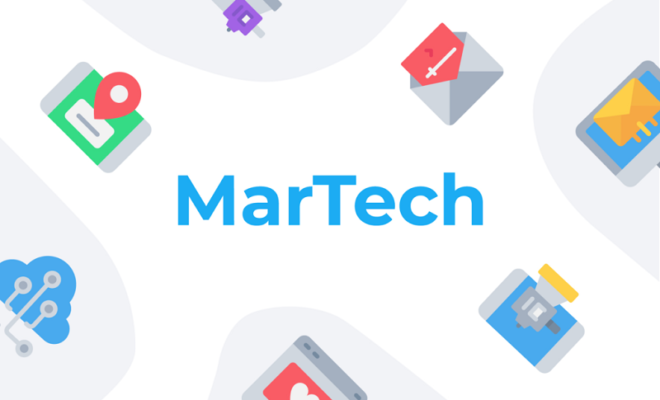MarTech: Why Is The World Adapting This Combination Rapidly?

Digital transformation strategies, especially after the Covid-19 pandemic, are impacting companies at 360 degrees, strongly affecting all business assets and all organizational departments.
Among these, the marketing and sales department cannot be missing, one of the sectors that in recent years has been most influenced by the evolution of the digital world.
This is more influenced especially from 2010 onwards, when we moved from CRM to modern lead generation techniques through Facebook. Ads, Google Ads and Tik Tok.
In the digital age, there are numerous opportunities to improve, streamline, automate processes and activities related to marketing and communication actions, so much so that we have begun to talk about a new branch of marketing, known as MarTech.
What Is MarTech?
MarTech – a term that comes from the combination of the terms Marketing and Technology. It commonly indicates the set of technologies and software that support marketers.
MarTech also represents the companies involved in –
- Managing and analyzing data
- Customer Relationship Management and Data Analytics
- Producing and storing multimedia contents (CMS) and
- Marketing Automating like email marketing, ad campaigns etc.
Keep Reading
This fusion with the tech and digital world allows marketing to reinforce the analytical and business intelligence value provided to organizations, unmarking the subject from the most traditional univocal association in the world of branding and communication.
One technology among all has been supporting marketers in a decisive way over the last few years: artificial intelligence.
Let’s see the main applications in this sector.
Artificial Intelligence: Major Applications In Marketing
The implementation of artificial intelligence technologies to support marketing activities is not something new.
But, in recent years, the process of adopting AI in companies has undergone a strong acceleration, thanks to the growing amount of data that companies manage to collect from their users and clients.



